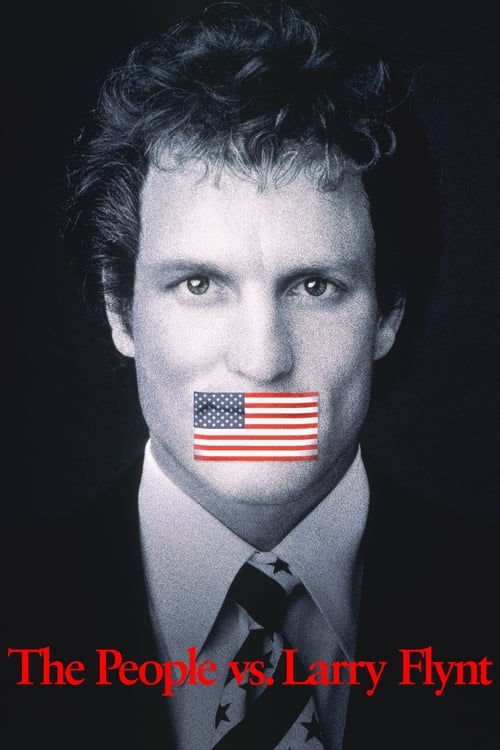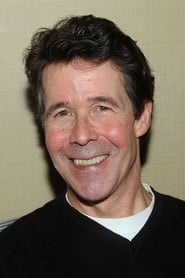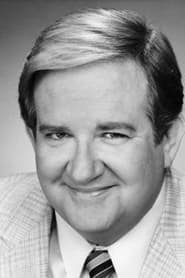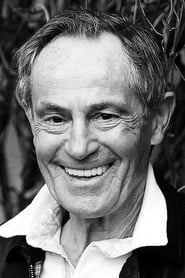Cast
View AllWoody Harrelson
as Larry Flynt
Courtney Love
as Althea Leasure
Edward Norton
as Alan Isaacman
Brett Harrelson
as Jimmy Flynt
Donna Hanover
as Ruth Carter Stapleton
James Cromwell
as Charles Keating
Crispin Glover
as Arlo
Vincent Schiavelli
as Chester
Miles Chapin
as Miles
James Carville
as Simon Leis
Richard Paul
as Reverend Jerry Falwell
Burt Neuborne
as Roy Grutman
Jan Tříska
as The Assassin
Cody Block
as 10-Year-Old Larry
Ryan Post
as 8-Year-Old Jimmy
Crew
Director
- Miloš Forman
Producer
- Oliver Stone
- Janet Yang
- Michael Hausman
Reviews
Filipe Manuel Neto
**Larry Flynt: the man, the monster, the hero and the pervert.**
After seeing this film, I had the feeling that I should start this text with a warning: we should not mix our opinion about Larry Flynt with our assessment of the film. I loved the film, but I'm the first to admit that I don't feel any sympathy for the biographed person. Regardless of my opinion, sex sells, people are attracted to anything that has a forbidden aroma and, even today, the magazine “Hustler” is a success, with a television channel dedicated to adult content.
The real Larry Flynt proved to be a provocative and materialistic man: he made a fortune off the exploitation of pornographic magazines and used all means to shock people, ridicule the conservatives who criticized him, and confront society and the judicial system. He demanded to be respected, but was incapable of respecting anyone who criticized him; He used the First Amendment to defend his right to publish what he wanted, forgetting that same document when he heard criticism of what he published. Dear reader, I don't have to be a lawyer to know that the same right that protected Mr. Flynt also protected everyone who expressed a negative opinion about him within the limits of urbanity. And if it is true that freedom of expression is crucial to the democratic system, it is also true that it is not an absolute value, it must be limited in a way that protects the rights and freedoms of other people. Unfortunately, the world is full of people like Larry Flynt, who demand the right to say whatever they want, but are unable to tolerate an opinion contrary to theirs. Of course, I also don't feel any sympathy for the professional activity of Mr. Flynt, a sexist man who profited from the objectification of sex and the female body, and I am disgusted by the business he created around that magazine.
However, the film is fantastic. Milos Forman, who accustomed us to great works full of style and personality, surprises us once again with a film that does not shy away from provoking its audience, putting its finger on the wounds that hurt the most. The director made skillful use of cinematography, environments, filming locations, sets and costumes in order to construct a narrative that explores very well Flynt's controversial and contradictory nature. For several moments, I was afraid that the script would make the mistake of beatifying or cleaning up Flynt's image. However, I truly believe that Forman managed to avoid this and give the audience a neutral narrative, where he reveals the best and worst of this complex man.
The film is reasonably discreet in its use of effects and the way it was edited, but it has a strong cast solidly based on the participation of Woody Harrelson. Looking at the finished film, I don't think I could imagine another actor better suited for the character in question. Harrelson gave himself body and soul to this project and produced one of the most consistent and powerful works of his film career, rightly deserving of an Oscar nomination. Courtney Love is perfect for the role she played, especially because the actress knew perfectly well the effects of substance abuse and was uninhibited enough to naturally face the nude scenes she was subjected to (something I tend to condemn, but I can understand, considering the film and the character) In turn, Edward Norton (at the time, experiencing a particularly radiant moment in his professional career) and Brett Harrelson make a frankly positive contribution. Richard Paul and James Cromwell also do a decent job, but they don't have the space or time to add much and seem somewhat wasted.
May 18, 2024
Thematic Analysis
As a dramatic work, The People vs. Larry Flynt examines complex human relationships and emotional struggles against the backdrop of a period setting that reflects societal issues of its time. The character development particularly stands out, offering viewers a chance to reflect on their own life journeys.
Director Miloš Forman brings their distinctive visual style to this film, continuing their exploration of themes seen in their previous works while adding new elements. Their approach to character development and emotional depth creates a viewing experience that rewards close attention.
Released in 1996, the film exists within a cultural context that now offers viewers historical perspective on the social issues of that era. Its reception demonstrates the diverse reactions to its artistic choices and its place in cinema history.
Did You Know?
- The production of The People vs. Larry Flynt took approximately 15 months from pre-production to final cut.
- With a budget of $36.0 million, the film represented a significant investment in bringing this story to the screen.
- The final cut of the film runs for 130 minutes, though the director's initial assembly was reportedly 180 minutes long.
- The film contains approximately 1836 individual shots.
- Several scenes were filmed in multiple locations to capture the perfect setting.
- The costume department created over 104 unique costume pieces for the production.
Historical Context
- In 1996, when this film was released:
- Globalization was accelerating economic and cultural exchange.
- Digital technology was transforming the entertainment industry.
- Independent cinema was growing in influence, challenging the dominance of major studios.
How This Film Stands Out
While The People vs. Larry Flynt shares thematic elements with other films in its genre, it distinguishes itself through its unique approach to storytelling, visual style, and character development.
Unlike Dead Man Walking, which takes a more conventional approach to its subject matter, The People vs. Larry Flynt offers a fresh perspective through its innovative visual language and narrative structure.
While films like Murder Most Foul and The Seven Cucas explore similar territory, The People vs. Larry Flynt stands apart through its distinctive directorial vision and pacing.
This film's unique contribution to cinema lies in its bold artistic choices and willingness to challenge viewer expectations, making it a valuable addition to its genre.
Details
- Release Date: December 25, 1996
- Runtime: 2h 10m
- Budget: $36,000,000
- Revenue: $20,300,385
Where to Watch






















